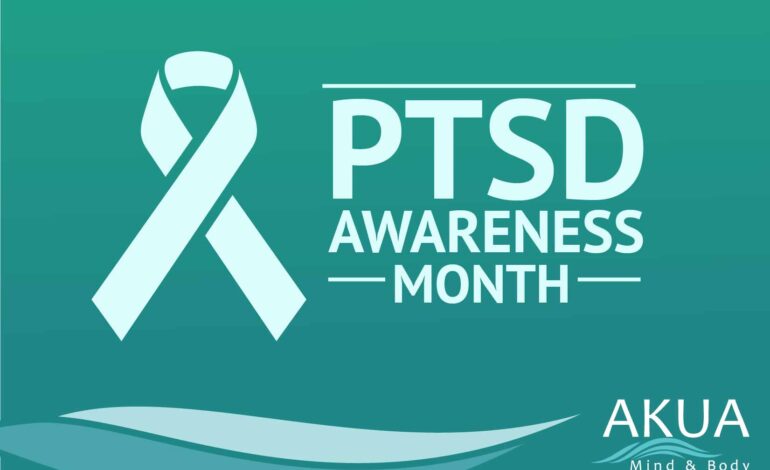“Mental illness is not a light switch you can turn on and off. It’s a dial you, and only you, learn how to manage”.
Treatment vs. Cure
When an individual is cured of an illness, it means that the illness is gone forever. Some illnesses, such as diabetes, cannot be cured. Once an individual is diagnosed with diabetes, they will have it for the rest of their life. But even a lifelong medical illness such as diabetes can be treated. People who take their medications regularly and make lifestyle changes can live long and healthy lives. These medications and lifestyle changes are treatments for diabetes. Treatment is different than a cure.
Mental illness is the same way. There is no cure for mental health disorders like anxiety or depression, but there are many effective treatments. People with mental illnesses can recover and live long and healthy lives with the right treatment modalities.
Progress vs. Perfection
Mental health (and addiction) treatment is based upon the concept of progress. However, our society is built upon the idea of perfectionism. We are constantly asked from a young age, “what do we want to be when we grow up?” We are held to high, and nearly impossible standards throughout childhood that often carry over into adulthood. When we do not meet our goals, we are often deemed a failure, which can have a drastic impact on our self-esteem. We frequently wear ourselves out, trying to please others and live up to social standards that we make ourselves mentally ill. We turn to alcohol and drugs as a crutch to help cover up our underlying demons. We become depressed and anxious. Some of us seek treatment, where others eventually spiral out of control. When we enter therapy for a mental health disorder or an addiction, our primary goal to become sober and clear of any underlying demons. We want to be “cured”, and as a result, we strive for perfection. But what happens when we relapse, make a mistake, do not progress as quickly as we hoped? Did we fail?
Looking forward instead of back
Mental health and substance use disorder treatment is a journey where many will progress forward and stumble back. As a result, our recovery is about progress and small steps ahead rather than about achieving perfection. Relapse, exhaustion, and mistakes are part of the reality of recovery. When we stumble, it is essential to learn why this occurred and address the underlying triggers rather than only focus on moving forward. If we strive for perfection, we may not ever become successful in treatment, but our treatment journey will be successful if we strive for progress.
You can be treated
When entering therapy, it is essential to connect with a therapist who is realistic but who also celebrates the baby steps. It is just as important to talk about relapses, negative thoughts and emotions and cravings as it is to talk about good days, sober days, and the benefits of treatment. One of the biggest challenges to seeking mental health treatment is finding a treatment team that will individualize your care, set realistic goals, and be honest with your progress and setbacks.
You may never be “cured” of your bipolar disorder, but you can be treated, and you can celebrate your progress without ever reaching perfection. You can live a symptom-free life with the right combination of medications and therapy, but this takes work from both yourself and your treatment team.
Treatments for mental illness include lifestyle changes, support groups, medications, and therapy. Everyone is different, so you will probably need to find a combination that works best for you. Some of these things, like medications and therapy, require working with a professional. But there are also lots of things you can do on your own. Learning more about mental illness is a great place to start, and we at AKUA Mind and Body want to help educate you on this important subject.




